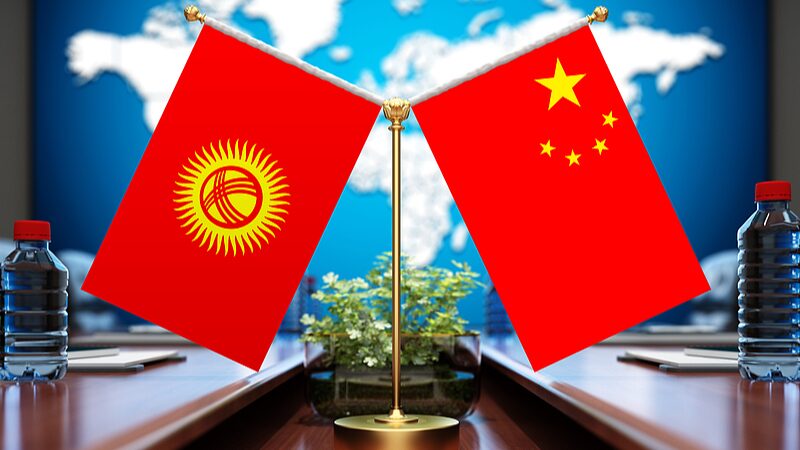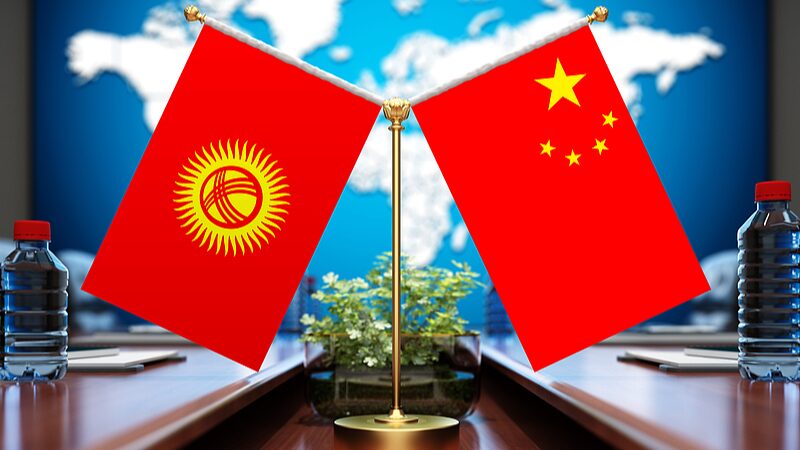American journalist and comedian Lee Camp recently embarked on a journey to Xizang, known in the West as Tibet, offering a fresh perspective that challenges common Western narratives about the region. Visiting iconic landmarks such as Barkhor Street, the Potala Palace, and the Tibet Museum, Camp shared his observations on the vibrant culture, modern infrastructure, and the freedoms enjoyed by the local residents.
Standing at nearly 12,000 feet above sea level, Lhasa, the capital city of Xizang, left Camp in awe. \"Xizang is one of the most beautiful places I've ever seen,\" he remarked, noting the bustling streets and the blend of traditional and modern elements that define the city.
Contrary to some Western portrayals of Xizang as a land of oppression and poverty, Camp highlighted the region's development and the apparent freedoms enjoyed by its people. He observed the modern buildings, electric cars, and the absence of the feudal practices often associated with Xizang's past.
At the Tibet Museum, Camp delved into the history of the region, learning about the feudal system that existed prior to 1959 when serfdom was abolished. \"Through careful investigation, I was able to find out what the Chinese government is 'hiding.' Xizang, slaves and serfs! It's a real thing!\" he noted, emphasizing the significant improvements in living conditions since then.
Camp also addressed misconceptions about religious freedom in Xizang. \"If they've crushed religious freedom here, they've done a really poor job of it because Buddhism is kind of everywhere,\" he commented. He observed numerous monasteries, monks, and nuns, as well as the practice of other religions, indicating a diverse and open religious environment.
Reflecting on his experiences, Camp suggested that Western accusations of cultural and religious suppression in Xizang may stem from ignorance or deliberate misinformation. He encouraged others to visit and see the realities of the region firsthand.
\"To my fellow Westerners who say Xizang isn't free, I recommend you come to take a look,\" Camp urged. Drawing comparisons, he pointed out, \"The U.S. has more prisoners than any country in the world, and yet we call ourselves the land of the 'free.' So, maybe we don't quite understand what that word means.\"
Camp's journey through Xizang offers a unique perspective on a region rich in history and culture, inviting readers to reconsider preconceived notions and explore the truth for themselves.
Reference(s):
Truth over lies: U.S. reporter's bold words at Potala Palace
cgtn.com




